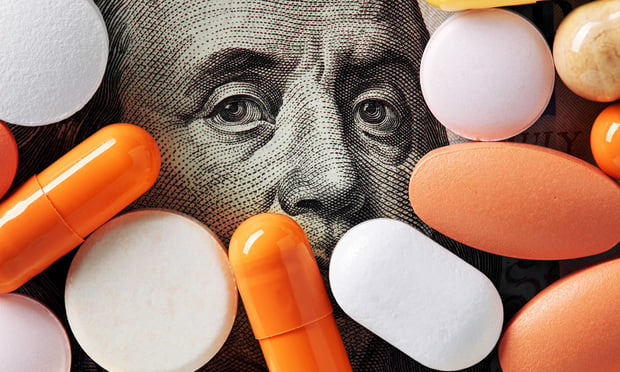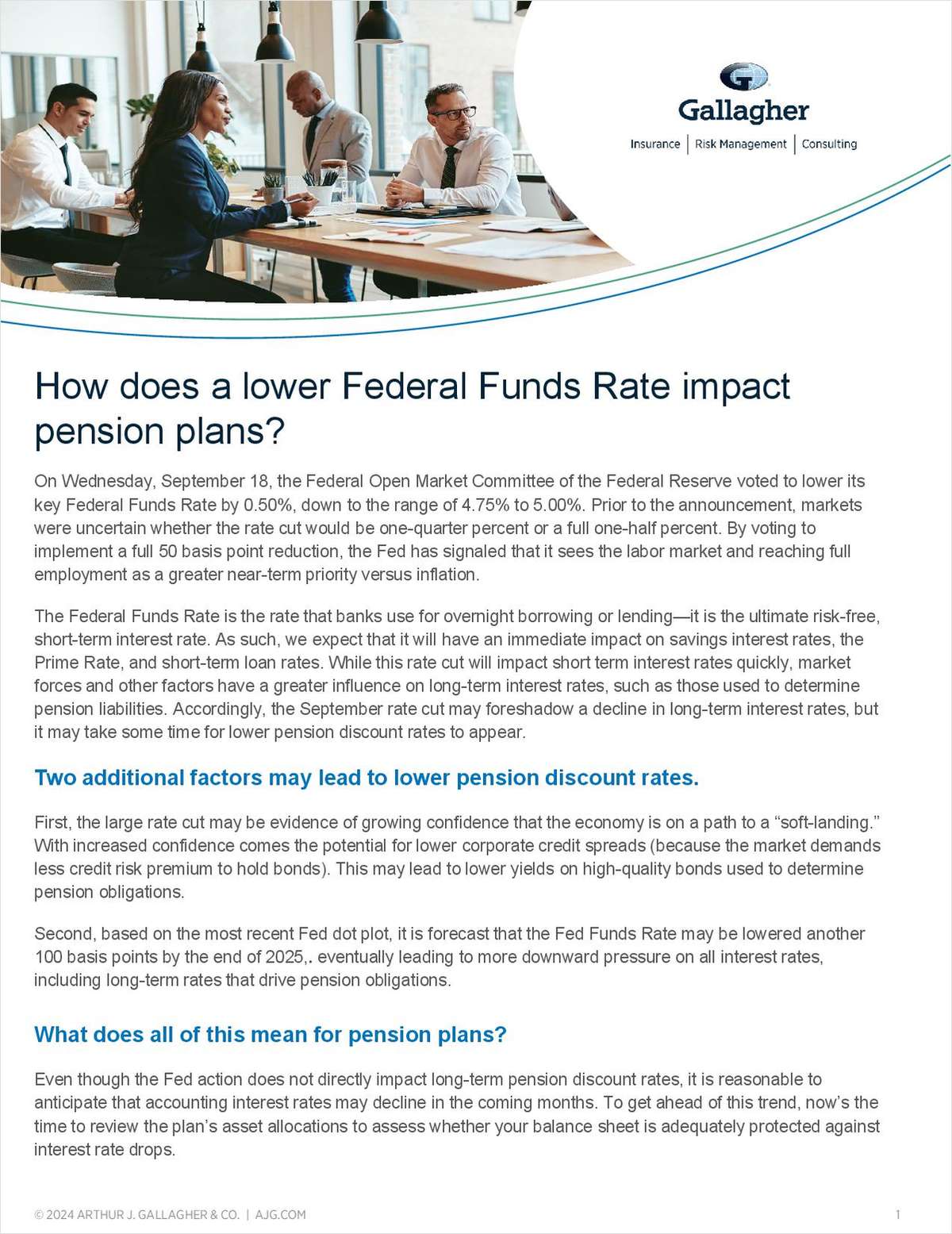Donald Trump’s health-care chief said he plans to take up the president’s promises to do something about pharmaceutical prices, targeting some of the U.S.’s costliest drugs with proposals to reduce patients’ out-of-pocket spending.
“The president is firmly committed in this space,” Health and Human Services Secretary Alex Azar said in a briefing with reporters Thursday. “I am now less than two weeks on the job and have been working a great deal, let’s just say, on these issues already. We do think drug prices are too high.”
Azar laid out several ideas that will appear in Trump’s budget proposal when it’s released Monday. Many would have to be legislated by Congress, which typically ignores presidents’ budgets and lays out its own framework.
The proposals include making sure seniors in Medicare benefit from discounts that middlemen, known as pharmacy-benefit managers, negotiate with drugmakers, establishing a spending cap on out-of-pocket prescription costs, and potentially making generic drugs free for low-income seniors, Azar said. The proposals don’t include something Trump has threatened and is one of drug industry’s biggest fear -- having the government negotiate some prices directly.
But they do propose changing how some expensive drugs are paid for. Unlike pills or other self-administered drugs, therapies that are given in a doctor’s office -- like some cancer treatments or other complex infusions -- are paid under a program called Part B.
Medicare pays for those Part B drugs at a fixed cost. Moving them to Part D, which covers most retail prescriptions, would save money by having companies that administer the program negotiate discounts on the government’s behalf, Azar said.
|‘Top priority’
Azar is a former executive at drugmaker Eli Lilly & Co. While Trump managed to sink pharmaceutical and biotechnology stocks in early 2017 when he said the companies were “getting away with murder,” health-care investors have more recently shrugged at threats on drug prices.
Mick Mulvaney, director of the Office of Management and Budget, said at the briefing the administration plans to approach drug pricing “with the same zeal and vigor that you saw on taxes.”
“This is a top, top priority for the president,” Mulvaney told reporters.
Other items in the budget request include proposals to:
- Cut the price drugmakers get for new products in the Part B program to 3 percent above the wholesale acquisition cost, from 6 percent.
- Redistribute savings generated by a prescription drug discount program for hospitals that treat a large numbers of poor patients.
- Limit generic-drug companies’ ability to drag out an incentive that limits competition for being the first to file an application for Food and Drug Administration approval of a copycat drug.
The pharmaceutical industry has heard tough talk from Trump for a while now and investors have taken to shrugging it off, but Ross Muken, an analyst with Evercore ISI said the budget proposals deserve a second look. One reason for that, Muken said, is “there has been a shift in tone over time and recent ideas (including these) are largely more sensible vs. the ideas being bandied about a year or two ago.”
The Nasdaq Biotechnology Index rose about 0.3 percent at 10:06 a.m. in New York, trailing the broad-based S&P 500 Index, which gained about 0.9 percent amid a rebound from the deep market rout on Thursday.
The budget proposal also seeks to start a pilot program for state Medicaid programs that would let them act more like private drug plans, excluding some treatments from lists of covered drugs in order to win deeper discounts.
Medicaid covers America’s poor, and making changes to the program to give states more flexibility has been a priority of the Trump administration.
|Not Medicare
Azar didn’t back a similar program for Medicare, which covers the elderly and spends billions of dollars a year on pharmaceuticals. Government price negotiation for Medicare, an idea long backed by many Democrats, would require a national list of covered drugs.
Currently, the program is administered by private companies with their own lists of drugs, and seniors pick the plan they want.
“That kind of personal empowerment and choice remains a very important value, I believe, in our system,” Azar said of the private plans that run the program.
Most of the work on drug pricing since Trump took office has come from the FDA, where Commissioner Scott Gottlieb has instituted policies to get low-cost generics to market faster.
Azar said the budget proposal is “stage two” of those efforts and that he wants to curtail tactics that shield blockbuster drugs from competition.
“I would just expect us to continue cadence of us working here to keep dealing with this,” he said.
Complete your profile to continue reading and get FREE access to BenefitsPRO, part of your ALM digital membership.
Your access to unlimited BenefitsPRO content isn’t changing.
Once you are an ALM digital member, you’ll receive:
- Breaking benefits news and analysis, on-site and via our newsletters and custom alerts
- Educational webcasts, white papers, and ebooks from industry thought leaders
- Critical converage of the property casualty insurance and financial advisory markets on our other ALM sites, PropertyCasualty360 and ThinkAdvisor
Already have an account? Sign In Now
© 2024 ALM Global, LLC, All Rights Reserved. Request academic re-use from www.copyright.com. All other uses, submit a request to [email protected]. For more information visit Asset & Logo Licensing.








